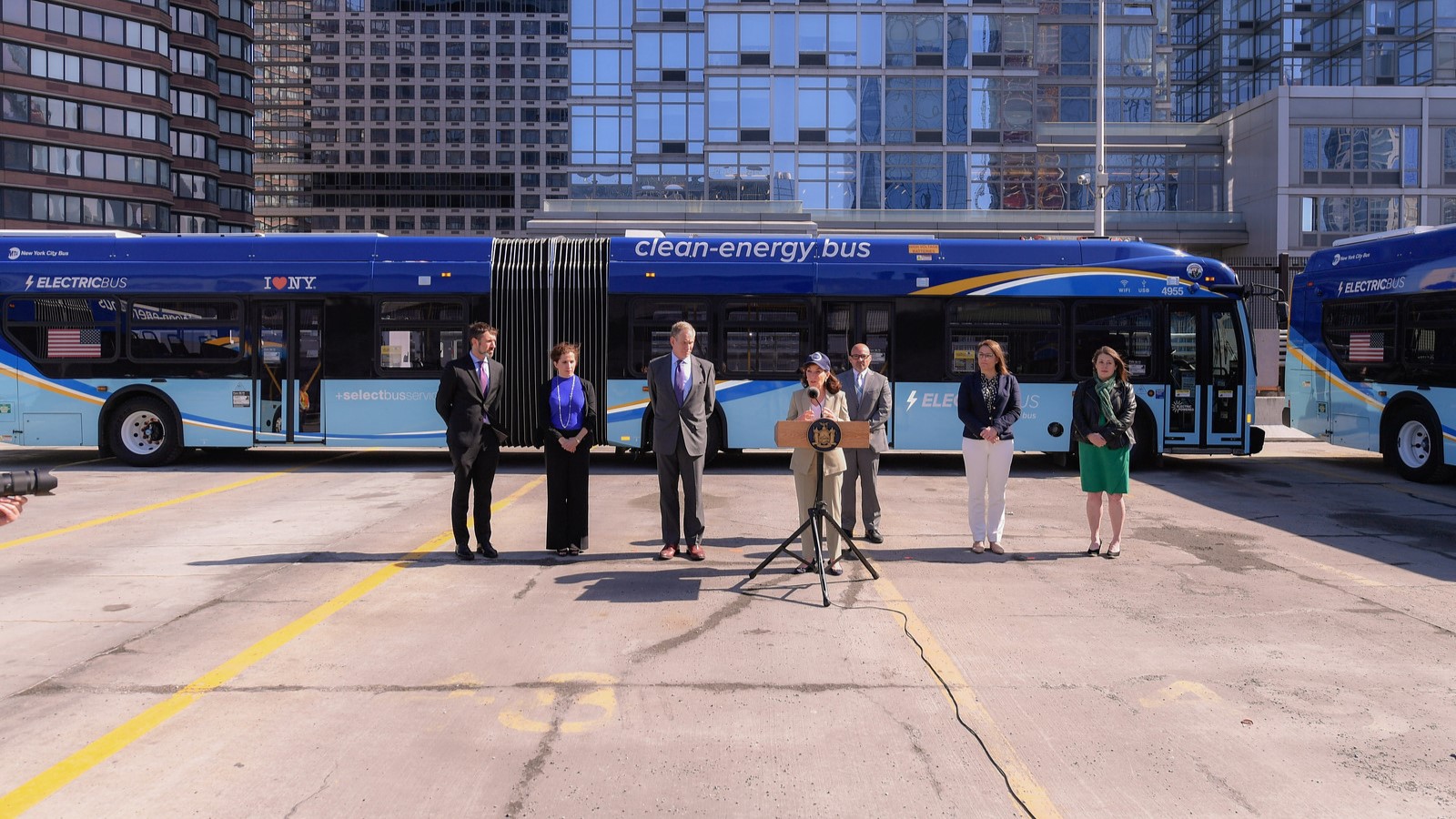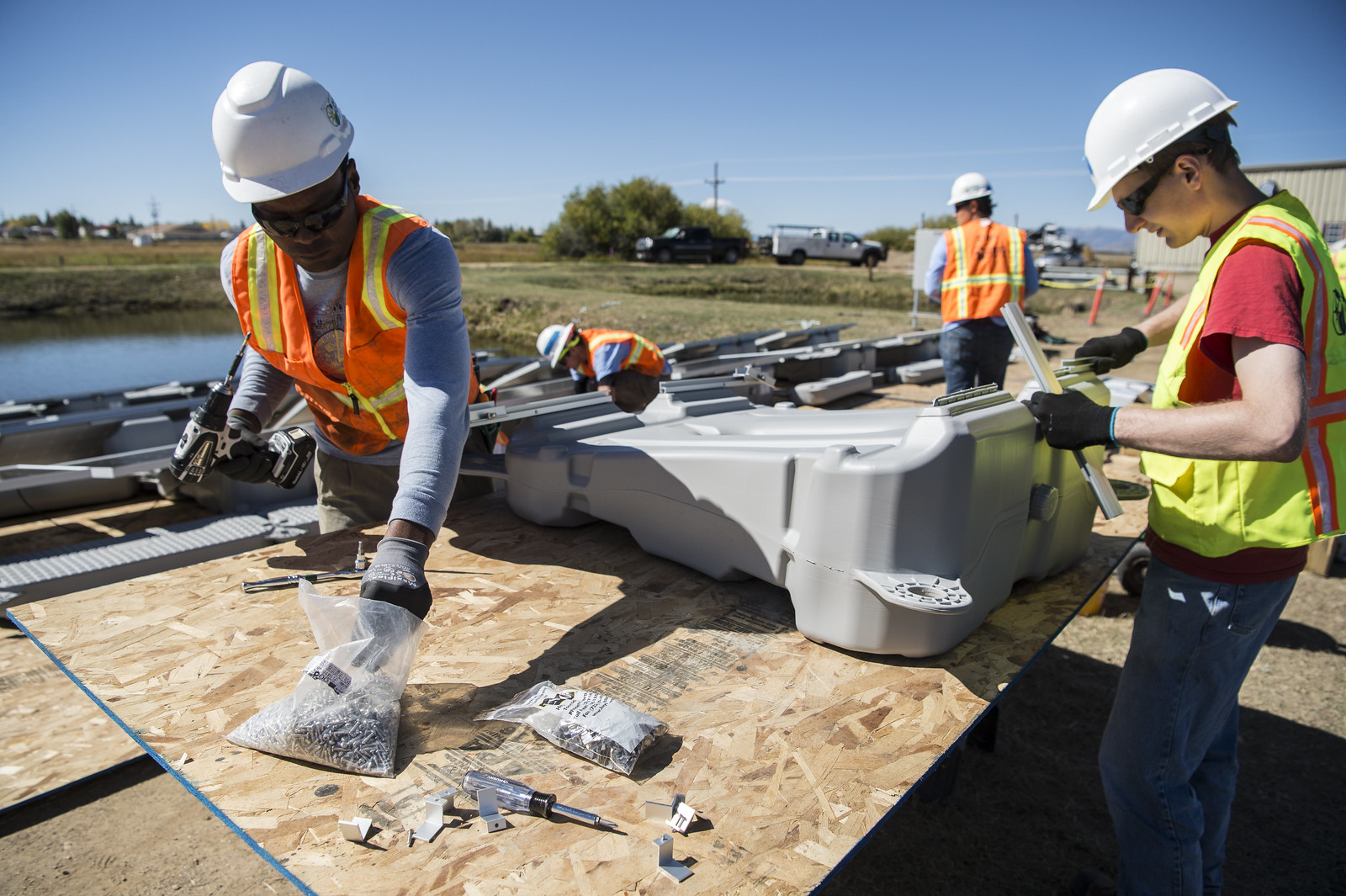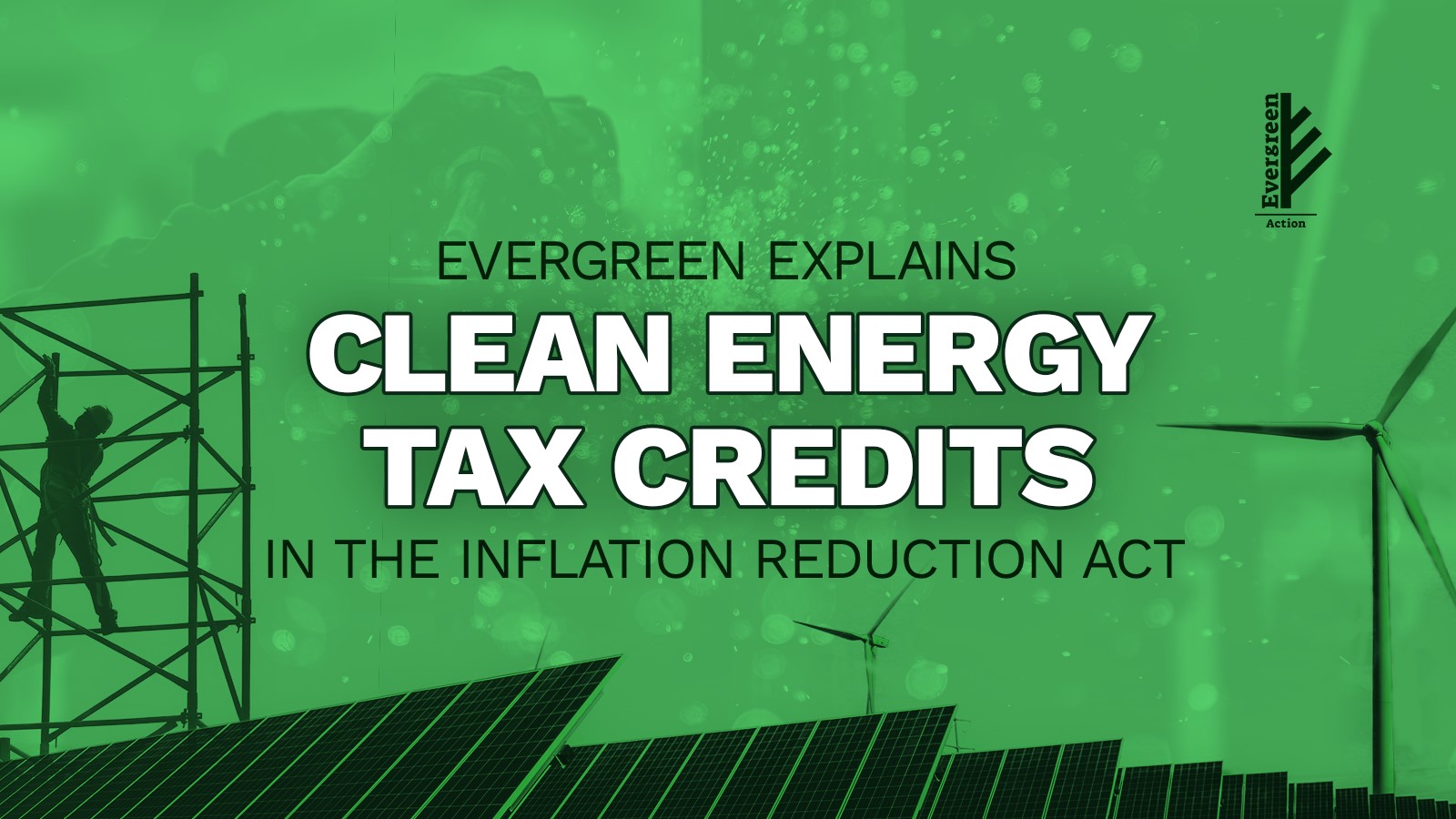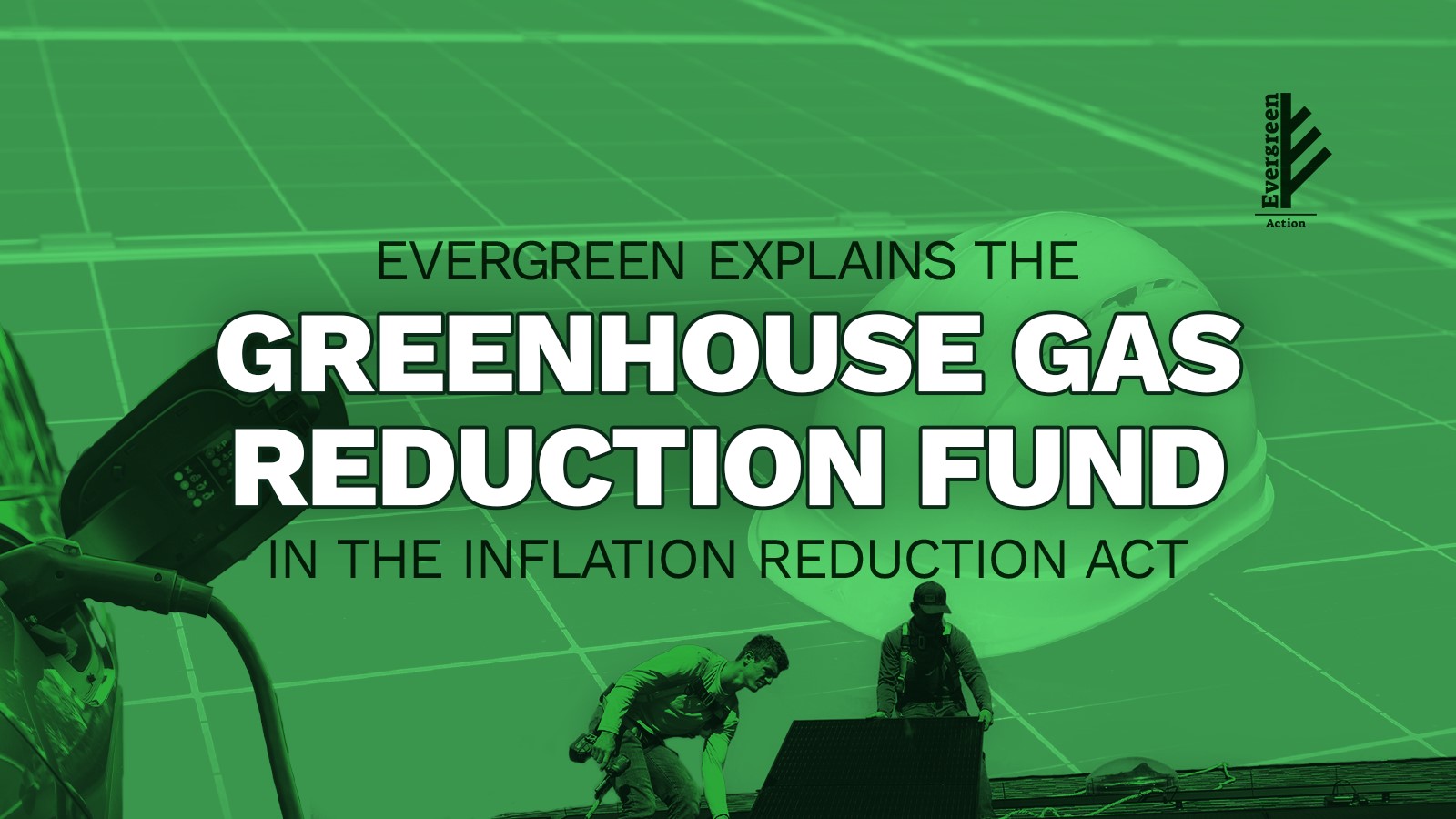Editor's Note
Federal investments are bringing billions of dollars into clean energy industries, creating good-paying jobs, lowering energy costs, and cutting pollution. But right now, those programs are under threat from both the Trump administration and Republicans in Congress. Our work isn’t done. In order to assist federal agencies, states, local communities, Tribal governments, businesses, and other partners to take full advantage of this funding, Evergreen has put together a collection of resources to help defend and implement key programs in the Inflation Reduction Act (IRA). This blog was written in collaboration with our partners at Center for Public Enterprise (CPE).
Everyone should be able to benefit from and support the transition to a clean energy future. The Inflation Reduction Act (IRA) is the largest down payment on addressing the climate crisis that this nation has ever seen—and the most powerful tools within the IRA are tax credits that incentivize the nation to build and use cleaner technologies to accelerate the path to a zero-emissions economy.
But historically, the problem with relying on tax credits to make big changes is that not everyone can access the credits because not everyone has tax liability. In other words, you can’t count a subsidy credit against your taxes if you don’t pay any taxes.
In fact, some of the most important players in the energy transition don’t have a tax liability, including local governments, nonprofits, state agencies, Tribes, rural co-ops, schools, and community-based organizations.
That’s where a key provision called elective pay (previously referred to as “direct pay”) comes in. It expands access to tax credits beyond private businesses, allowing tax-exempt entities to qualify for the full value of the tax credit and receive it as a direct payment from the government (rather than relying on tax equity markets to claim the entire credit like private businesses do). Expanding access to clean energy developments will accelerate the transition to zero-emissions energy and allow for more local initiatives to grow clean energy and allow more communities to benefit from this historic funding





